What is Abstract Street Photography?
Abstract Photography, or Abstract Expressionism Photography is a style of photography which doesn't attempt to depict an accurate representation of reality. Instead it focuses on shapes, gesture, colours, forms, and texture to express a viewpoint wide open to interpretation. Abstract street photography takes all of the above into urban environments in order to express something about modern life. Is it a dumb, self-contradictory term? Yep, but relax. It's a trend and it's fun to experiment eh?
Every month we challenge our patreon community with a specific street photo assignment. May's assignment is 'Abstract Street Photography'. It's a complicated style so we've written a guide offering an overview, inspiration and tips.
Examples of Abstract Street Photography
Saul Leiter
The first name that usually pops up related to this style of photography is Saul Leiter (1923-2013). Originally a painter with an interest in Abstract Expressionism, he moved to New York in 1946 and befriended another painter, Richard Pousette-Dart, who was experimenting with photography. Leiter began to expand his interest into photography, and in 1957 MOMA exhibited his colour photography in 'Experimental Photography in Colour'.


Gustavo Minas


Sarah van Rij
Sarah van Rij (@sarahvanrij) is a photographer based between Amsterdam & Paris. Her new book with David Van Der Leeuw, 'Metropolitan Melancholia' has some great examples of this style of photography where she makes use of exaggerated elements, silhouettes and framing.


from Metropolitan Melancholia by Sara van Rij and David van der Leeuw
Aleksandr Babarikin (@wrapped.nil)
In our interview in Issue 6 of our street photography magazine Alexander talks about being inspired by French expressionism and Japanese animation. He often uses motion blur to create abstraction and express movement.


Tips for creating Abstract Street Photography
Try longer focal lengths, like 135mm
Leiter used long focal lengths in a lot of his images. This had the effect of compressing or flattening everything into a single plane, and allowed for interplay between foreground and background elements. Longer focal lengths also allow for a focus on specific subjects with a greater degree of control and precision than wider focal lengths.
If you don't have a long lens, trying using a crop mode on your full frame camera or look into cheap lens extenders.
F*ck it, try wider focal lengths
As shown above by Gustavo, wider focal lengths like 28mm and 24mm with deep depth of field like f16 can often introduce abstraction if used cleverly in combination with reflections and shadows.
Consider shape, gesture, colour, form
Notice how Leiter is using color and shape? Consider these single elements when you're taking photographs and try to work with them specifically by ignoring the wider scene.
Remove context
It's abstract. There should be very little, if any context. Try to remove as much detail as possible. This is much more easily done by using a longer lens.
Crop creatively
This is not documentary photography. Embrace the opportunity to be as creative as possible and crop like a madman. Who cares if you're left with a 6mp file?
Work the colour
Consider Leiter's photos above, and look at the dominant colours and overall colour palette. This is something you should be considering at the time of shooting, but also in post processing. Use lightroom tools like the HSL sliders, and WB controls to reduce unwanted color and emphasise the colour most pleasing to you.
Try our Monthly Street Assignments
We've created this guide for our Framelines Patreon Community, to offer an overview of this style and provide inspiration to our community members. Each month we challenge our members with an assignment based around a specific theme. The theme for May '24 is 'Abstraction'. If you'd like to join in on the challenge, you can find out more about our Street Assignments here.

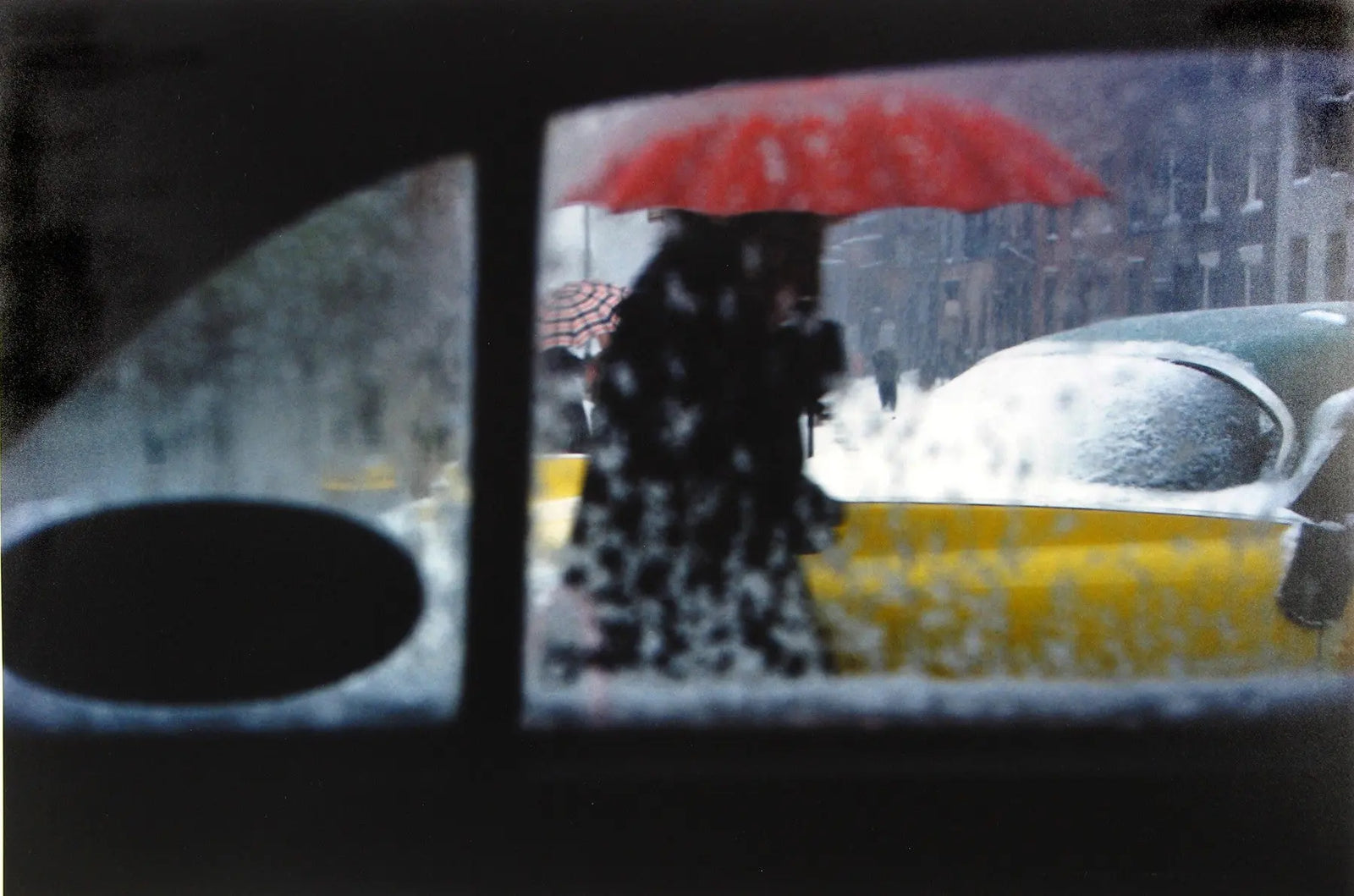
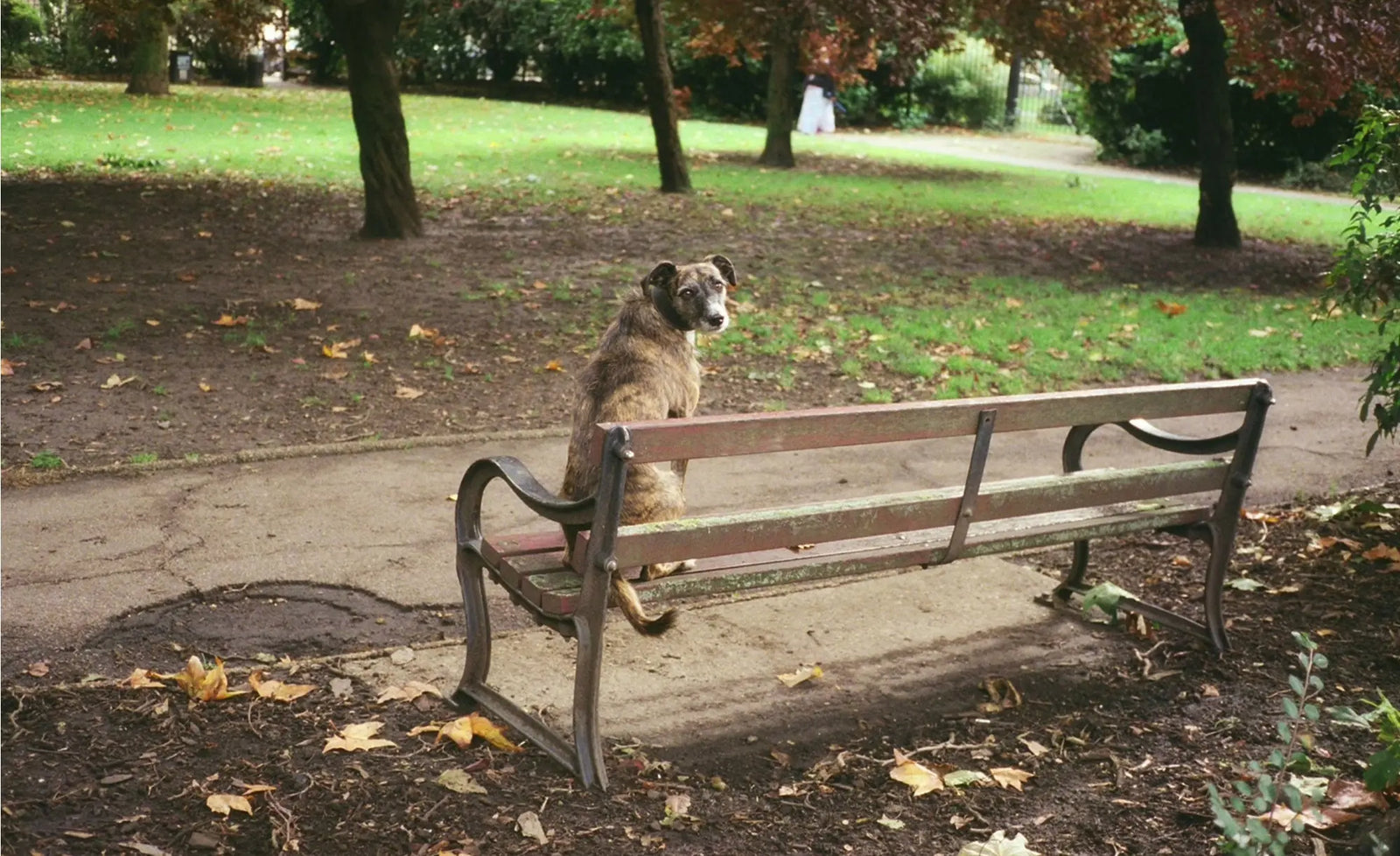
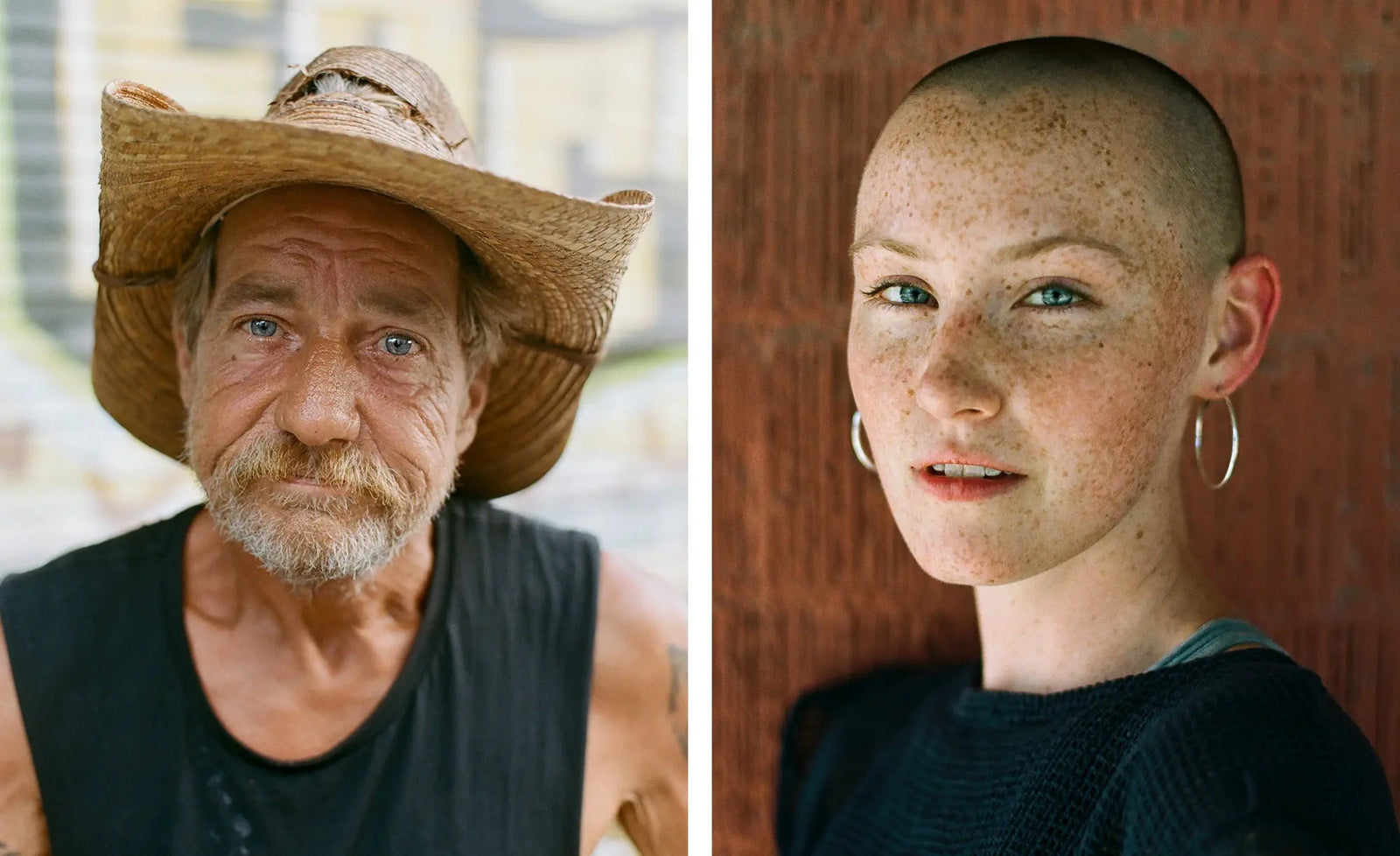


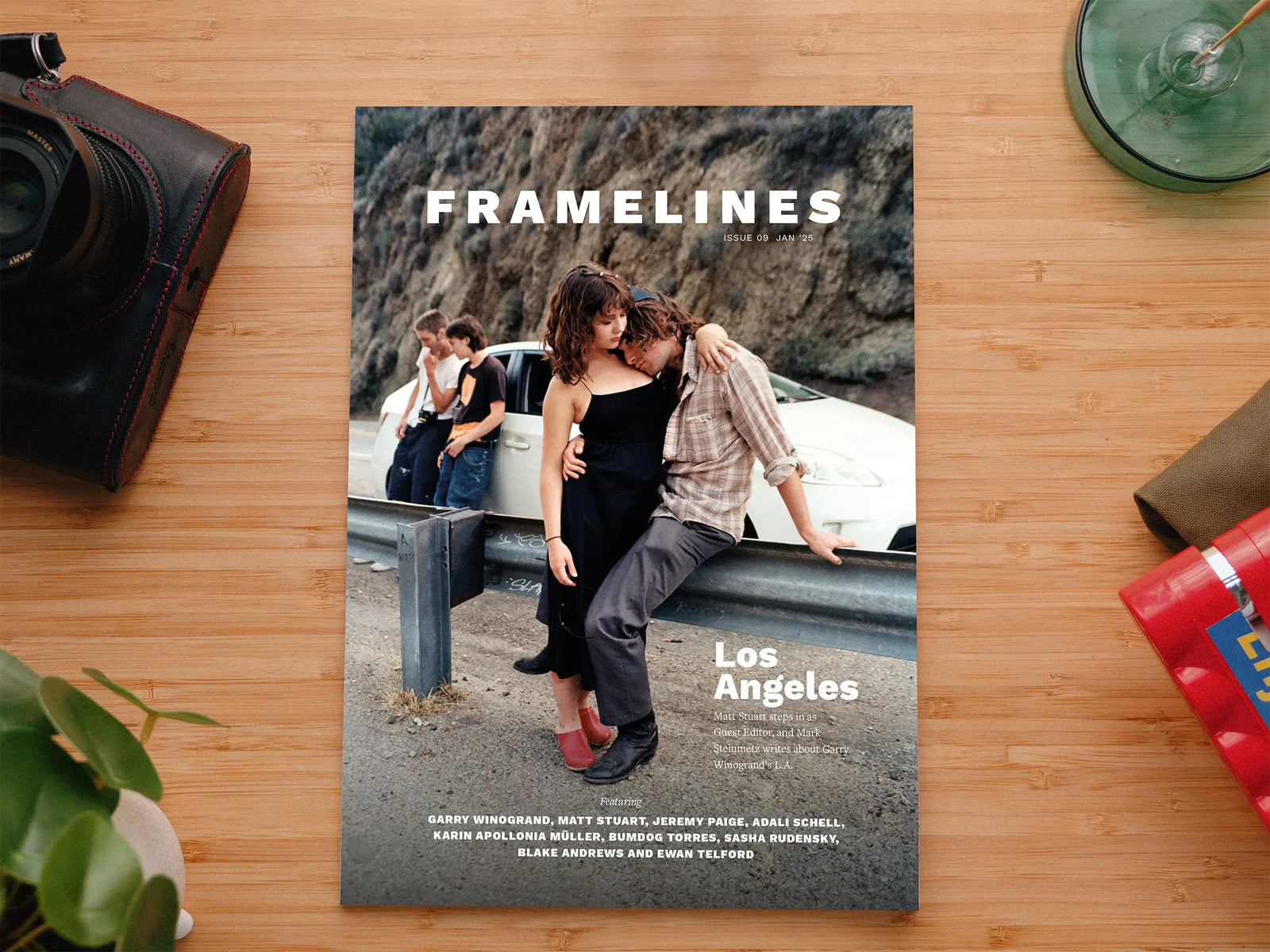
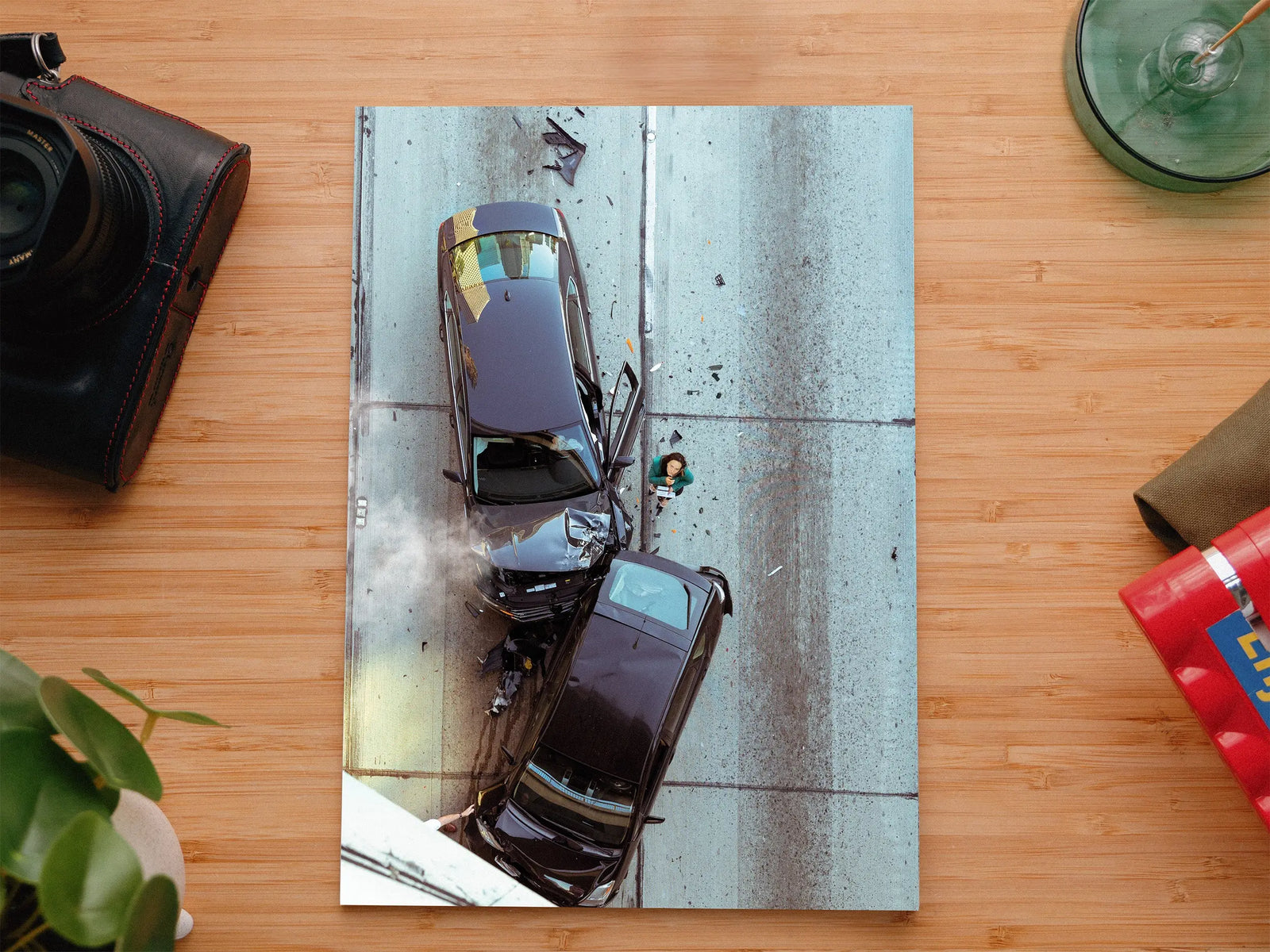
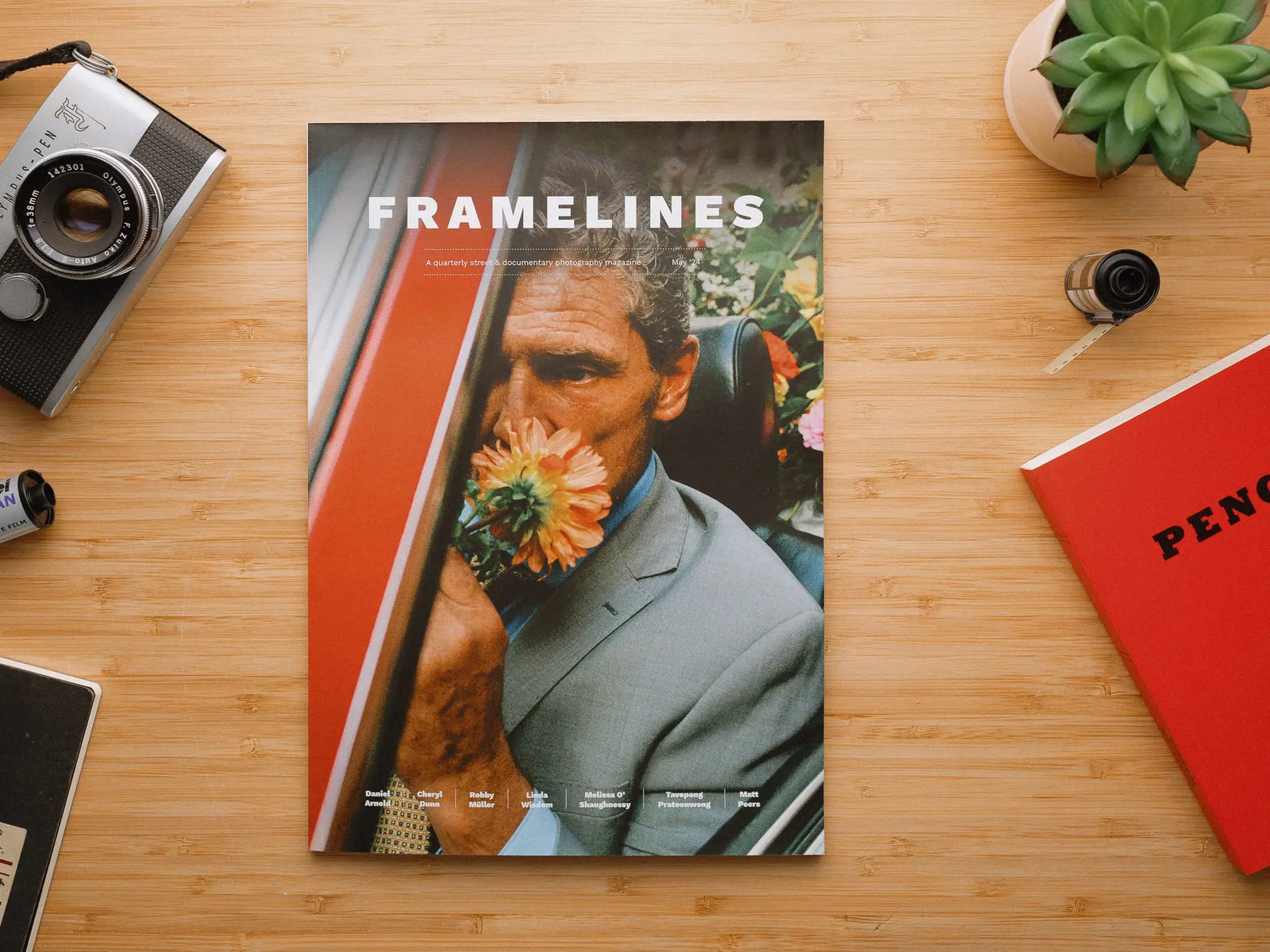
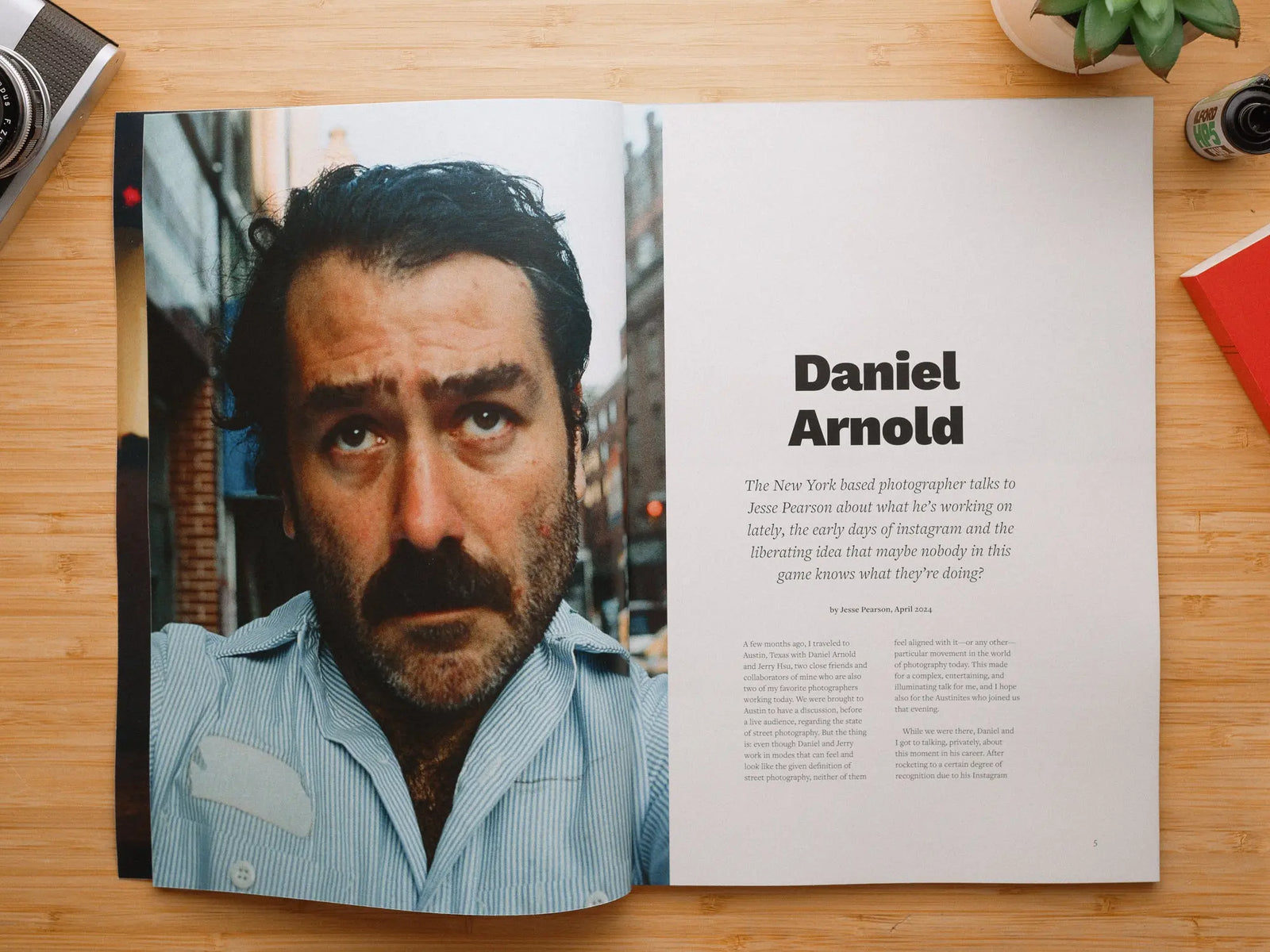
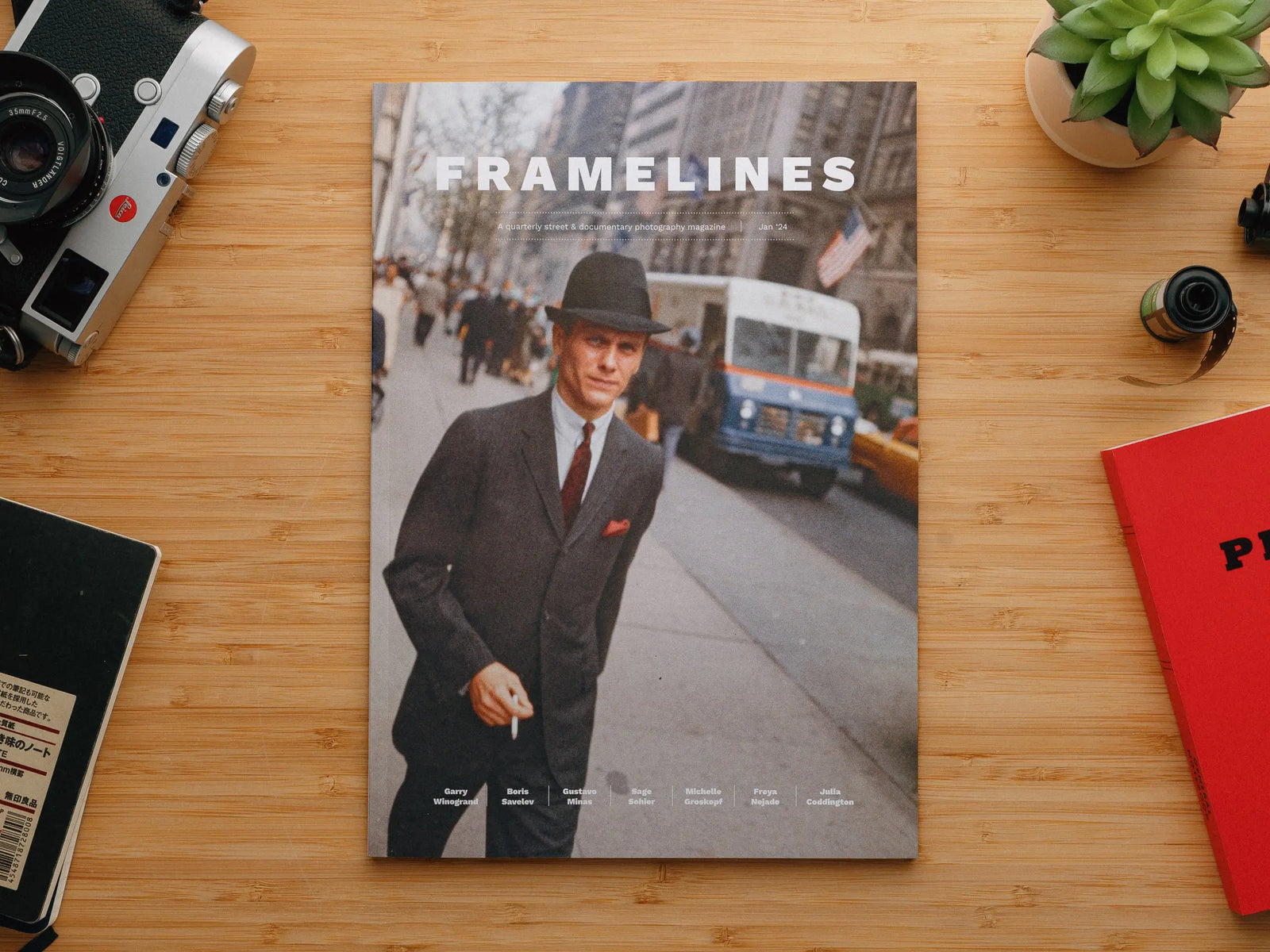
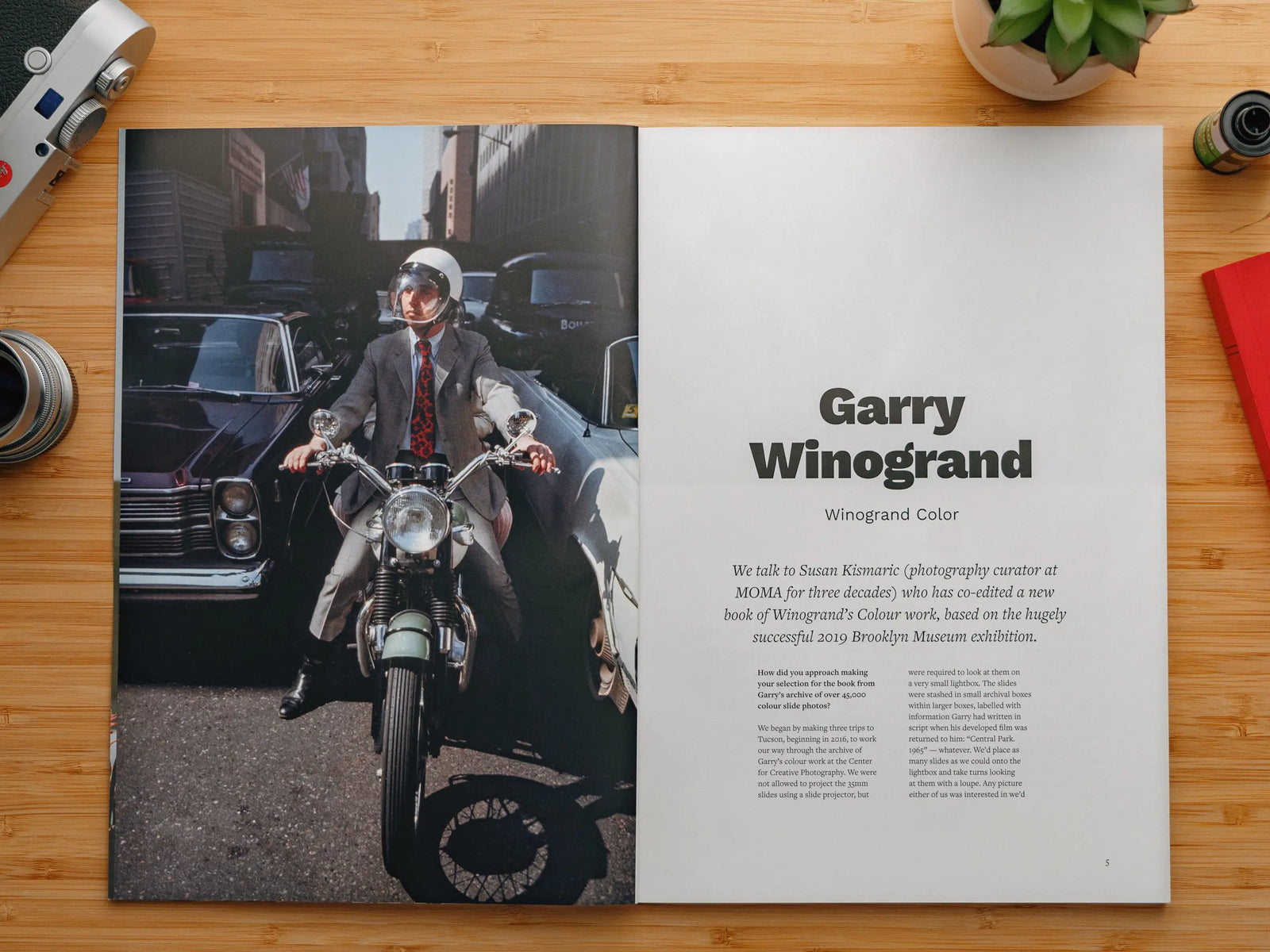
Leave a comment (all fields required)